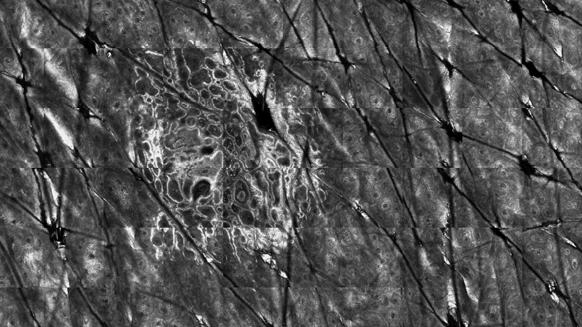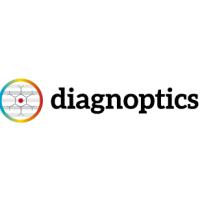

Diagnosis of skin cancer using optics
Diagnoptics proposes the implementation of two pilot services in two hospitals with reference melanoma units in order to validate novel tools and strategies for earliar, more accurate detection of skin cancer.

DIAGNOPTICS deals with novel tools for the diagnosis and prognosis of skin cancer. Biophotonics-based tools for in-vivo and ex-vivo analysis of lesions will be combined in a pilot diagnostic workflow, which pursues using them as consecutive filters discarding benign lesions, and confirming the malignancy of others in order to guide them to surgery only when required. The in-vivo techniques will better suggest the diagnostic of malignant lesions beyond classical dermoscopy. A combination of non-invasive mature techniques (which will deliver 3D shape, multispectral, and blood flow images) will be combined in an imaging platform for scanning lesions. Then, lesions suspicious to be malignant will be analyzed using in-vivo reflectance confocal microscopy (RCM). When malignity is confirmed and surgery required according to clinical practice, an ex-vivo analysis in the surgical room using multimodal confocal microscopy (MMC) will minimize the excision of healthy tissue around the lesion.
The consortium involves all actors required. UPC is an experienced Centre in photonics engineering, and INPT is expert in blood flow analysis using laser imaging. Hospital Clínic from Barcelona (with IDIBAPS, its associated research institute), and Azienda Ospedaliero Universitaria Policlinico di Modena provide the clinical environment required for implementing the pilot. Both clinical teams are world-class experts in in-vivo and ex-vivo skin cancer diagnosis and prognosis. Finally, two SMEs pursue the commercialization of the results of the project. Carril is a medical device company interested in the exploitation of the in-vivo imaging platform, while MAVIG is a manufacturer of RCMs and MCMs with products already in the market for in-vivo and ex-vivo analysis of skin cancer lesions. All partners have had research collaborations with some other in the consortium in the recent past, including the participation of four of them in COST Action BM1205 “Skin Cancer Detection for Laser Imaging”.
Other partners:
- Universitat Politecnica de Catalunya
- Hospital Clinic de Barcelona
- Institut d'Investigacions Biomèdiques August Pi i Sunyer (IDIBAPS)
- Institut National Polytechnique de Toulouse (INPT)
- MAVIG Gmbh
- Carril Instrumets
Project Info
